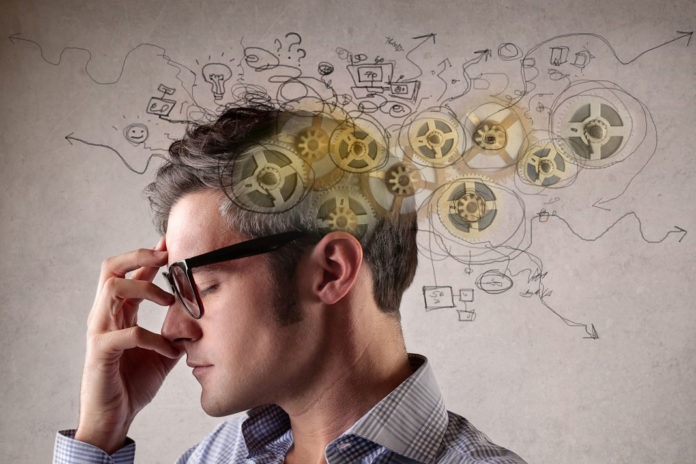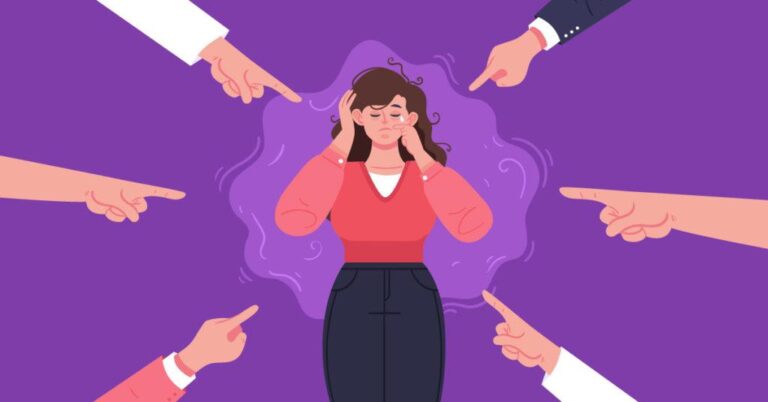The conversation surrounding mental health in college athletes is gaining momentum, emphasizing how institutions like the NCAA can provide more comprehensive support. Despite some efforts to address these concerns, there still exist gaps in NCAA mental health policies that affect student athletes’ well-being and performance.
A great point of comparison might be found when considering other high-stress environments that young adults navigate. One way to understand these challenges is by comparing them with life experiences depicted in literature. For instance, reading Forrest Gump essay helps us understand how the fictional character, despite his many hardships and challenges, manages to cope due to his unique outlook on life and strong social support system.
College Athlete Mental Health in Context
In both Forrest Gump’s life and the real-life struggles faced by college athletes, mental health becomes a pivotal point. Stressors in an athlete’s life may come from various factors – rigorous training schedules, academic pressures, or the very public nature of their roles, among others.
To truly comprehend the mental health challenges faced by student athletes, we must acknowledge the parallels between Gump’s journey and the athletes’ experiences. Both involve extraordinary stress, often accompanied by isolation and societal expectations. This can lead to mental health issues if not properly managed.
Research Findings on NCAA and Mental Health Policies
In 2020, a study in the Journal of Clinical Sport Psychology found that the NCAA’s mental health services were underused because of prejudice, ignorance, and the difficulty of accessing mental health professionals on campus. This implies that even while the NCAA has made some progress in terms of offering mental health resources, actually putting these programs into practice is still difficult.
Books, Papers, and Testimonials
Several books and research papers have also delved into the subject of mental health in college athletes. For instance, “Mind, Body and Sport: Understanding and Supporting Student-Athlete Mental Wellness” is a comprehensive manual that examines the complexities of student athlete mental health.
As the book explains, the demanding nature of training, education, and exams can often lead to student athletes experiencing heightened levels of stress. It becomes important for universities and organizations like the NCAA to devise strategic interventions for student athlete mental health.
Addressing Mental Health on College Campuses
To truly impact mental health in student athletes, the NCAA and individual colleges need to proactively establish robust mental health programs. Emphasizing mental health education, improving access to mental health professionals, and eradicating stigma are all important steps in this process.
It is also critical for athletes to have a safe space to discuss their experiences and challenges. Initiatives like Active Minds, a non-profit organization dedicated to mental health advocacy among students, underscore the importance of addressing these issues.
The Crucial Role of Education in Mental Health
The key to treating mental health in college athletes is education. It’s not just about raising awareness of the issue; it’s also about giving people the knowledge and resources they need to successfully identify, comprehend, and deal with mental health issues.
Though acknowledgment is important, fostering a culture in which discussing mental health is acceptable and not stigmatized is important. Educating the athletic community on mental health realities makes it possible to dispel the misunderstandings and stigmas frequently preventing athletes from seeking help.
Literacy improves mental health while enabling athletes to get assistance when necessary. Proactive behaviors are encouraged by the knowledge of mental health issues, symptoms, and treatment alternatives. Athletes can better identify their difficulties and feel secure enough to get the right support and care when well-informed.
In this regard, the NCAA has been actively trying to educate student-athletes about mental health through programs like NCAA’s Mental Health Education. However, such programs’ reach must be broadened to ensure widespread access and impact. It is crucial that these programs are not just made available but are also extensively promoted, ensuring every athlete knows where to turn when they need help.
Conclusion: The Need for Improvement in NCAA Mental Health Policies
While there have been some positive steps toward addressing mental health in college athletes, much remains to be done. By understanding athletes’ unique pressures and implementing comprehensive support measures, the NCAA can make significant strides in improving these young adults’ overall well-being and performance.














